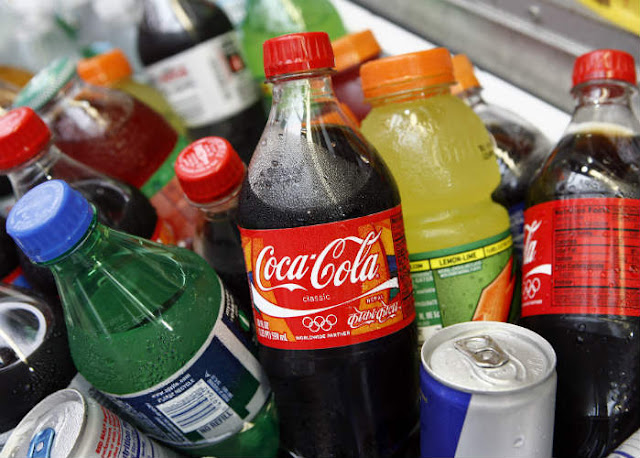A daily sugar-sweetened beverage habit may increase the risk for liver disease
A daily sugar-sweetened beverage habit may increase the risk for non-alcoholic fatty liver disease (NAFLD), researchers report.
A daily sugar-sweetened beverage habit may increase the risk for non-alcoholic fatty liver disease (NAFLD), according to a Tufts University report.
What is non-alcoholic fatty liver disease?
NAFLD is characterised by an accumulation of fat in the liver cells that is unrelated to alcohol consumption. Being obese or overweight increases the risk for NAFLD and people with NAFLD are at greater risk of developing cardiovascular disease and type 2 diabetes.
NAFLD is diagnosed by ultrasounds, CT, MRI, or biopsy, and many of the approximately 25 percent of Americans with the disease don’t experience any symptoms.
Over 2 600 people studied
The researchers analysed 2 634 self-reported dietary questionnaires from middle-aged men and women enrolled in the National Heart Lunch and Blood Institute (NHLBI) Framingham Heart Study’s Offspring and Third Generation cohorts.

|
The sugar-sweetened beverages on the questionnaires included caffeinated- and caffeine-free colas, other carbonated beverages with sugar, fruit punches, lemonade or other non-carbonated, sugary fruit drinks.
The participants underwent a computed tomography (CT) scan to measure the amount of fat in the liver and the authors of the current study used a previously defined cut-point to identify NAFLD. They saw a higher prevalence of NAFLD among people who reported drinking more than one sugar-sweetened beverage per day compared to people who said they drank no sugar-sweetened beverages.
Not so sweet after all
“Our study adds to a growing body of research suggesting that sugar-sweetened beverages may be linked to NAFLD and other chronic diseases including diabetes and cardiovascular disease,” said first author Jiantao Ma, Ph.D.
The relationships between sugar-sweetened beverages and NAFLD persisted after the authors accounted for age, sex, body mass index (BMI), and dietary and lifestyle factors such as calorie intake, alcohol, and smoking. In contrast, after accounting for these factors the authors found no association between diet cola and NAFLD.
Sugar-sweetened beverages are a major dietary source of fructose, the highly-refined sugar that is suspected of increasing risk of NAFLD because of how our bodies process it.
This Post Orriginally Published by Tufts University via - Sciencedaily.com

Post a Comment